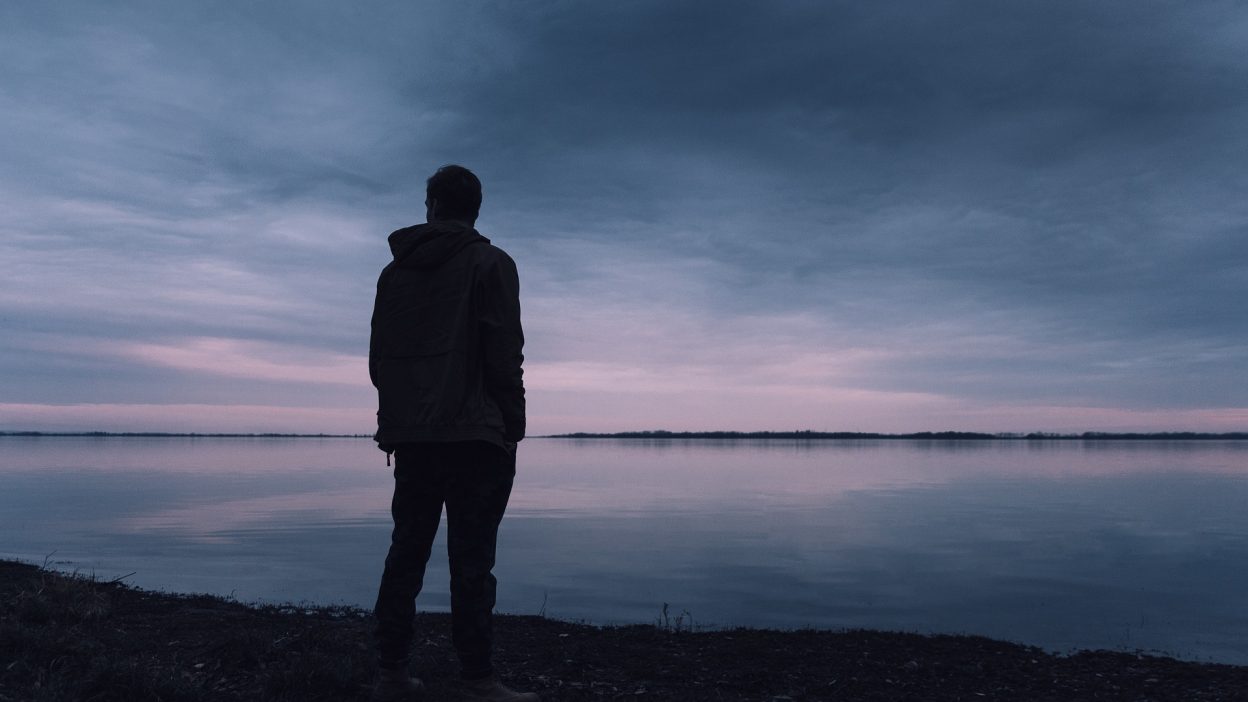Have you ever wondered what life would be like if you were the only human left on Earth?
Imagine waking up one morning to find yourself completely alone—no people, no traffic, no society. While the idea of total freedom might seem exciting at first, survival would soon become your biggest challenge. From securing food and shelter to finding ways to stay sane, here’s what life would be like as the last human on Earth.
At first, it might seem like an exciting adventure—no rules, no obligations, and the entire world at your disposal. You could live in a mansion, drive the fastest cars, and explore places you’ve only dreamed of.
But once the excitement fades, reality sets in. How would you survive without supermarkets, doctors, or even someone to talk to? The truth is, being the last human on Earth would be a test of your survival skills, creativity, and mental strength. Here’s what you’d need to do to stay alive and keep going in a world that’s completely yours.
1. Finding Food and Water: Your Most Urgent Priority
The first challenge you’d face is securing food and clean water. Supermarkets and grocery stores would be fully stocked at first, but without electricity, fresh food like fruits, vegetables, and dairy would spoil quickly.
- Eat perishables first – Fresh produce, dairy, and meat will go bad within days or weeks. Prioritise these before moving to long-lasting alternatives.
- Stock up on non-perishable foods – Canned foods, dried beans, rice, and pasta could last for years. These will be essential for your long-term survival.
- Secure clean drinking water – Bottled water will last for a while, but you’ll eventually need a sustainable water source. Learning how to purify water using filtration systems or boiling techniques will be crucial.
2. Medical Supplies: Staying Healthy Without Doctors
With no hospitals or doctors available, staying healthy and avoiding injuries becomes a life-or-death priority.
- Raid pharmacies for essential medicines – Stockpile painkillers, antibiotics, bandages, and other first-aid supplies.
- Learn basic medical procedures – Without professionals around, you’ll need to understand wound care, CPR, and common illness treatments.
- Be extra cautious – Activities like extreme sports or dangerous experiments might not be worth the risk. A broken leg or serious illness could be fatal without medical assistance.
3. Securing Long-Term Shelter: Where Will You Live?
At first, living in a luxurious mansion or high-end hotel might seem appealing. But without maintenance, buildings will deteriorate over time, making them unsafe.
- Choose a stable shelter – Look for buildings made of durable materials that don’t require constant upkeep.
- Consider moving to a moderate climate – Avoid areas prone to extreme weather events like hurricanes, earthquakes, or blizzards.
- Stock up on essential supplies – Clothing, blankets, and practical gear will be necessary to survive changing seasons.
4. Learning Survival Skills: Becoming Self-Sufficient
With no infrastructure to rely on, you’d need to master a variety of survival skills to maintain a sustainable lifestyle.
- Farming and food production – Growing your own crops ensures long-term food security. Learning to fish and hunt can also be valuable.
- Building and repairing – As structures deteriorate, you’ll need to learn basic construction and repair skills to maintain a safe living environment.
- Generating power – Without electricity, alternative sources like solar panels or wind turbines could provide energy for cooking and heating.
5. Dealing with Loneliness: The Psychological Challenge
Humans are social creatures, and isolation can have serious mental health effects. Finding ways to stay engaged and connected—at least with animals—will be essential.
- Adopt pets – Dogs, cats, or even birds can provide companionship and emotional support.
- Engage in hobbies – Painting, writing, or playing musical instruments could keep your mind active.
- Talk to yourself (or a pet parrot!) – It might sound strange, but keeping up conversations, even one-sided ones, can help maintain mental clarity.
6. Travelling and Exploring: The World is Yours
With no borders, laws, or restrictions, you could explore any part of the world. However, travel would come with its own set of challenges.
- Fuel won’t last forever – Petrol and diesel degrade over time, making vehicles useless in the long run. Learning how to use alternative transportation like bicycles or boats will be important.
- Maps and navigation – GPS systems will eventually stop working, so traditional maps and a good sense of direction will be crucial.
- Shelter during travel – If you’re constantly moving, you’ll need portable shelter solutions like tents or mobile homes.




